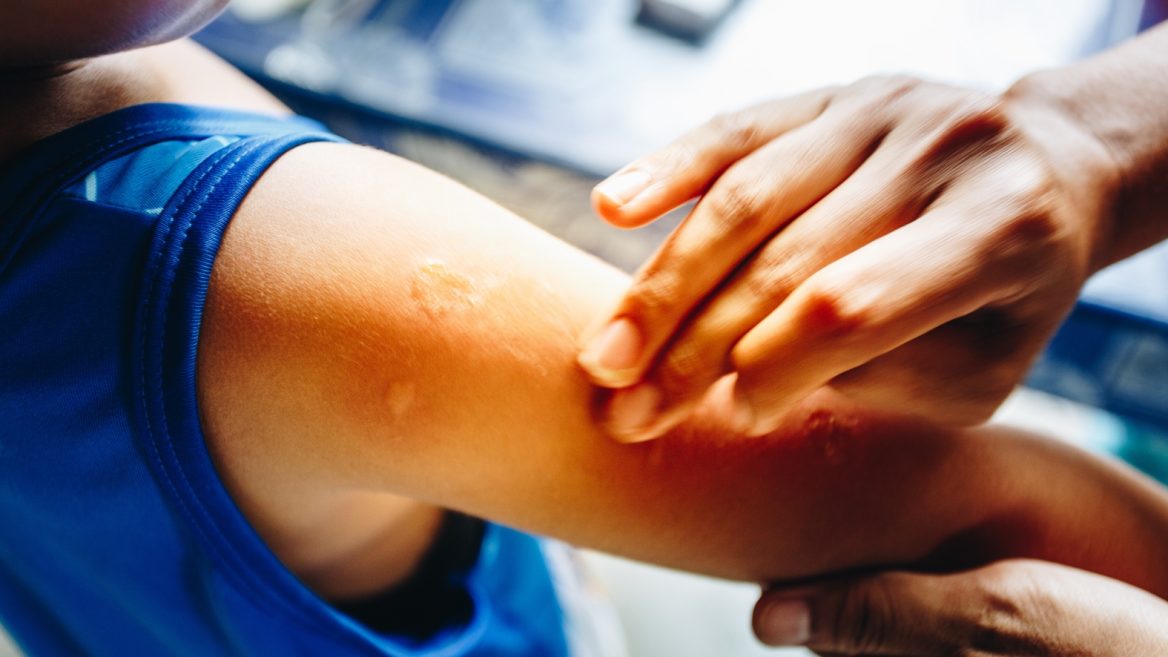Nanodrug tames leishmaniasis and other parasitic diseases

Before a sandfly bites, she doesn’t buzz like a mosquito. The beige insect swoops in silently, and only when the itching begins do you know you’ve been her victim. Usually the bite is just an uncomfortable annoyance.
However, more than 90 sandfly species are known to transmit trypanosome parasites called Leishmania. A small fraction of people infected with the parasite will develop leishmaniasis, a disease affecting people in 88 countries.
Lately, Israel is one of many areas in the Americas, the Mediterranean basin, the Middle East and Central Asia experiencing an outbreak of cutaneous leishmaniasis, the most common form of the disease, causing ulcerated skin lesions and sometimes lifelong scars and disability.
The more serious mucocutaneous leishmaniasis destroys mucous membranes of the nose, mouth and throat and occurs mainly in Bolivia, Brazil, Ethiopia and Peru. A third variation, visceral leishmaniasis, is fatal if left untreated and occurs mostly in Brazil, Ethiopia, India, Kenya, Somalia, South Sudan and Sudan.
Prof. Shulamit Michaeli, vice president for research at Israel’s Bar-Ilan University, is working to commercialize a nanodrug to protect against and treat leishmaniasis and other diseases caused by trypanosomes transmitted by biting flies, such as sleeping sickness (African trypanosomiasis) and Chagas disease (American trypanosomiasis) prevalent in Latin America.
In collaboration with Prof. Jean-Paul (Moshe) Lellouche, chairman of Bar-Ilan’s chemistry department, Michaeli’s life-sciences lab in the Bar-Ilan Institute of Nanotechnology and Advanced Materials (BINA) developed a patented compound that kills the two types of Leishmania parasites found in Israel as well as the Leishmania that cause visceral leishmaniasis.
